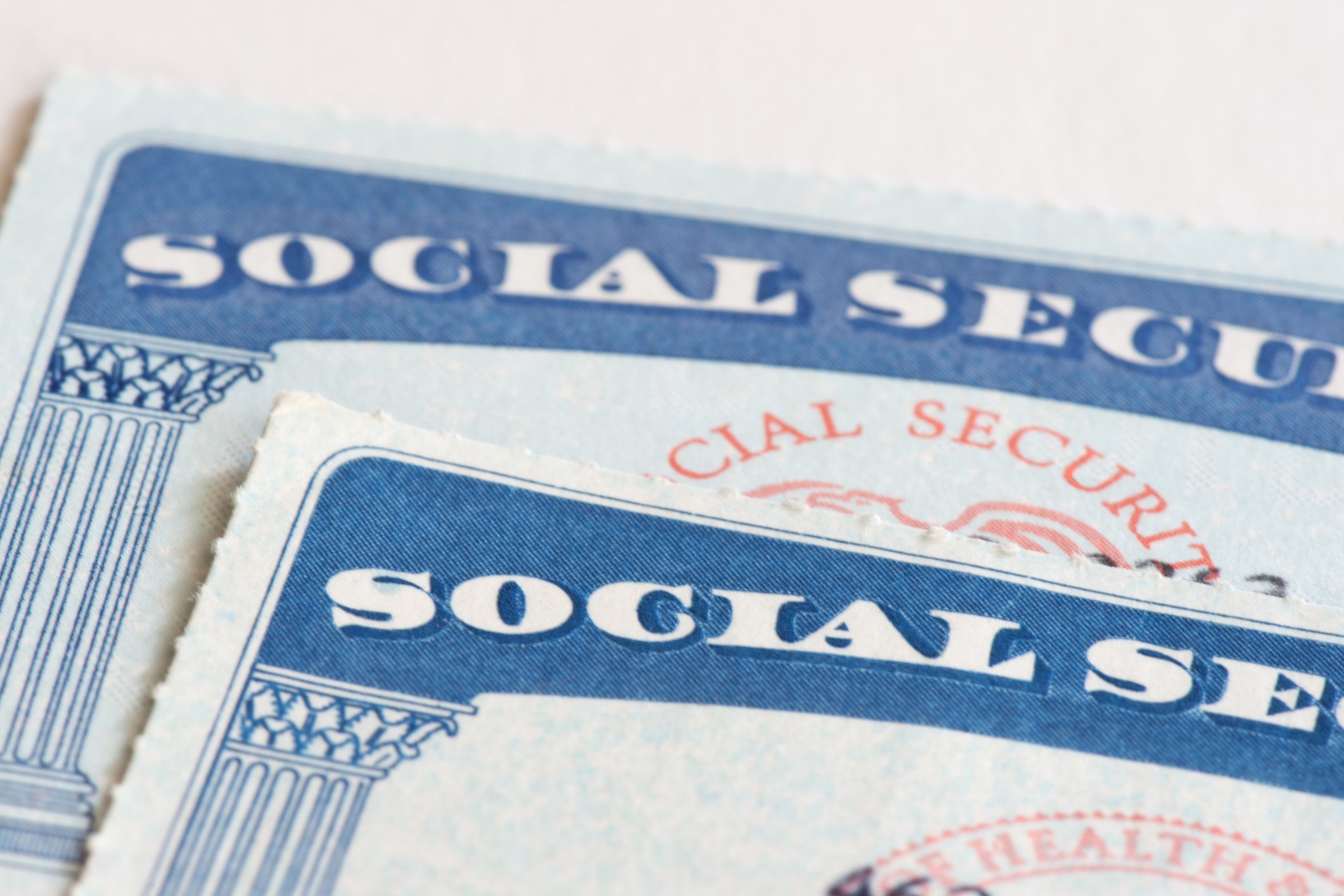
Image source: Getty Images.
California has one of the higher state income tax rates in the nation, especially for high earners. There are nine different California tax brackets ranging from 1% to 12.3%, plus an additional 1% surcharge on incomes above $1 million. Fortunately, there are some tax credits you might be able to take advantage of to help reduce your tax bill.
Child care expenses could be a big credit
The Child and Dependent Care Expenses Credit is well-known on the federal level, and is worth from 20% to 35% of up to $3,000 in qualifying expenses for one child, or up to $6,000 in expenses for two or more children. Qualifying expenses include day care, after-school care, in-home nannies, and day camp, just to name a few.
In addition to the federal credit, California offers its own Child and Dependent Care Expenses credit. Most requirements are the same. For example, the child or dependent must be under 13 years of age or a disabled spouse, and the expenses must have been incurred so you could work or look for work. The dependent must have lived with you for more than half of the year, and the taxpayer must have earned income for the year to qualify. Unlike the federal credit, however, it is limited to a maximum adjusted gross income (AGI) of $100,000 and the care must have been provided within the state of California.
The credit is worth a certain percentage of the Federal credit, depending on your income.
|
Federal Adjusted Gross Income (AGI) |
California CDC Credit |
|---|---|
|
$40,000 or less |
50% of federal credit |
|
$40,001-$70,000 |
43% of federal credit |
|
$70,001-$100,000 |
34% of federal credit |
|
Over $100,000 |
No credit |
Data source: California Franchise Tax Board.
For example, if your AGI is $80,000 in 2016 and you paid $6,000 in child care expenses for two children, this would translate to a federal tax credit of $1,200 (20% of the expenses). From the chart above, you can see that California will give you 34% of your federal credit amount, which in this case works out to $408.
Do you pay rent?
If you pay rent in California and owe state income tax, the Nonrefundable Renter's Credit could put some money back in your pocket. This isn't a huge credit -- it's worth $60 for single taxpayers and $120 for married taxpayers filing a joint return or those filing with head of household status. However, when it comes to your tax refund, every little bit helps.
To qualify, you must have been a California resident for the entire year, and must have paid rent for at least half of the year at a property that was your primary residence, located within the state. Your California adjusted gross income (AGI) for the year must be $38,259 if you're single or $76,518 if you're married filing jointly or head of household. Minors or taxpayers who lived with someone who claimed them as a dependent are not eligible.
How much could California tax breaks mean to you?
This isn't meant to be an exhaustive list, as there are several more credits and deductions you might be able to take advantage of. Check out the California Franchise Tax Board's website for information on deductions and credits you may be able to take, and as always, consult a tax professional if you're not certain whether you qualify for any of them.





